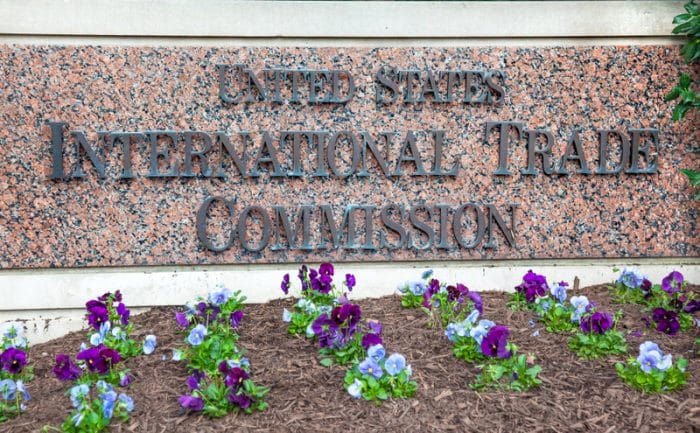Billions in retroactive duties loom after court vacated Biden-era moratorium

The U.S. Court of International Trade (CIT) has vacated the Biden era “two-year moratorium” on AD/CVD duties on solar modules and cells from Southeast Asia, meaning billions of dollars in retroactive duties could now be collected.
In 2022, the Biden Administration established a two-year moratorium on anti-dumping and circumvention duties (AD/CVD) on solar products from Cambodia, Malaysia, Thailand, and Vietnam. The moratorium was challenged by frequent ITC petitioner Auxin, and was always a potential risk. Phil Shen at Roth Capital wrote as much in May 2024 when the judge presiding over the Auxin case agreed to the stipulation that liquidated module import entries can be reliquidated in the event Auxin prevails.
As one lawyer shared with Shen: “Essentially, everyone (judge, Auxin, US Government) agrees that if Auxin wins, the judge can order reliquidation of all entries no matter if they have been liquidated or not.”
Both AD and CVD petitions were filed on April 24, 2024, against Cambodia, Malaysia, Thailand, and Vietnam, with a final injury determination coming on May 21, 2025, concluding that imports from those countries materially injured the U.S. solar industry.
Potential duties over $20 billion
With this CIT ruling, retroactive duties could now be collected from importers of record by Customs on solar cells and modules imported from Cambodia, Malaysia, Thailand, and Vietnam imported in the moratorium period of June 2022 to May 2024 — roughly 70 to 90 GW of modules. Shen estimates from his industry checks that the total could range from $20 billion to as high as $70 billion.
Some question the legality of retroactive duties being collected at this point, and there will still be a round of appeals about this ruling. Here is more perspective from Shen with Roth Capital:
“We have received pushback on whether this decision is enforceable and if CBP has the resources to collect the duties. Our checks suggest the Trump Administration is highly motivated to collect given the potential tariff sums, and with the additional CBP resources provided in the OBBBA, they should have plenty of manpower as well.
Retroactive duties aren’t the only risk during Customs’ review process.
According to Shen, Customs has already manually reviewed 24,000 of 44,000 entries that entered during the moratorium and “not a single entry complied with the rules of the moratorium. This suggests no entry during the moratorium can be deemed liquidated, and CBP is expected to begin collecting duties on these entries 20 days post-CIT decision, which could be as soon as mid-September … We believe Customs may continue to investigate the remaining entries and may consider criminal or civil penalties for companies that made false certifications.”





Comments are closed here.